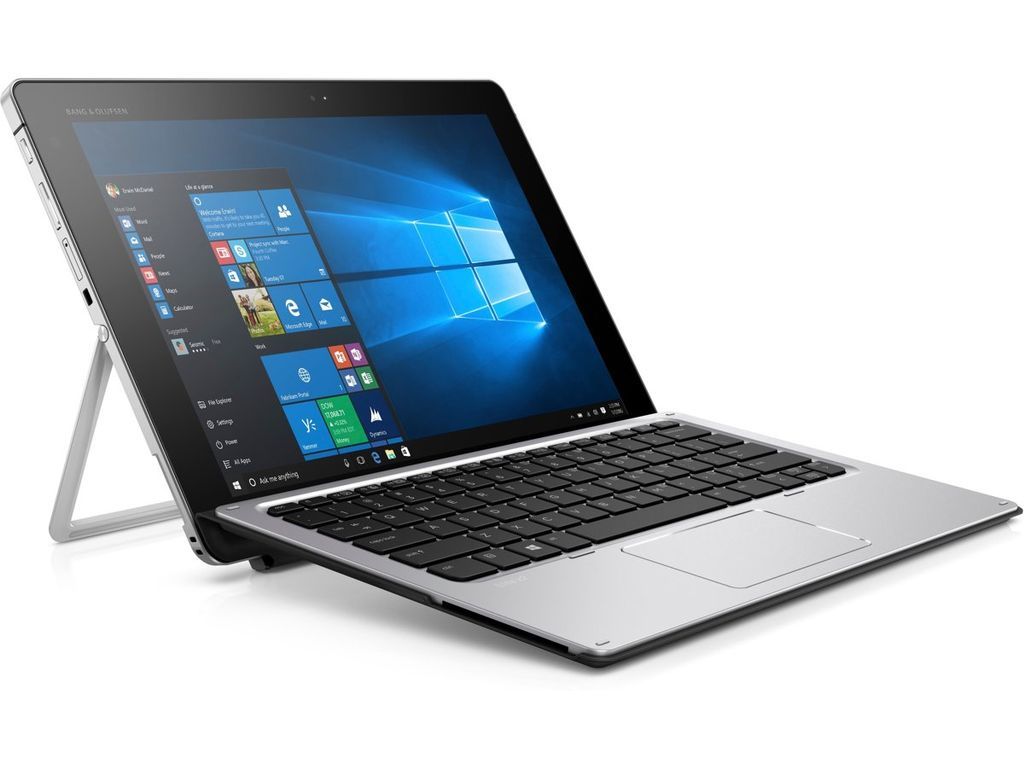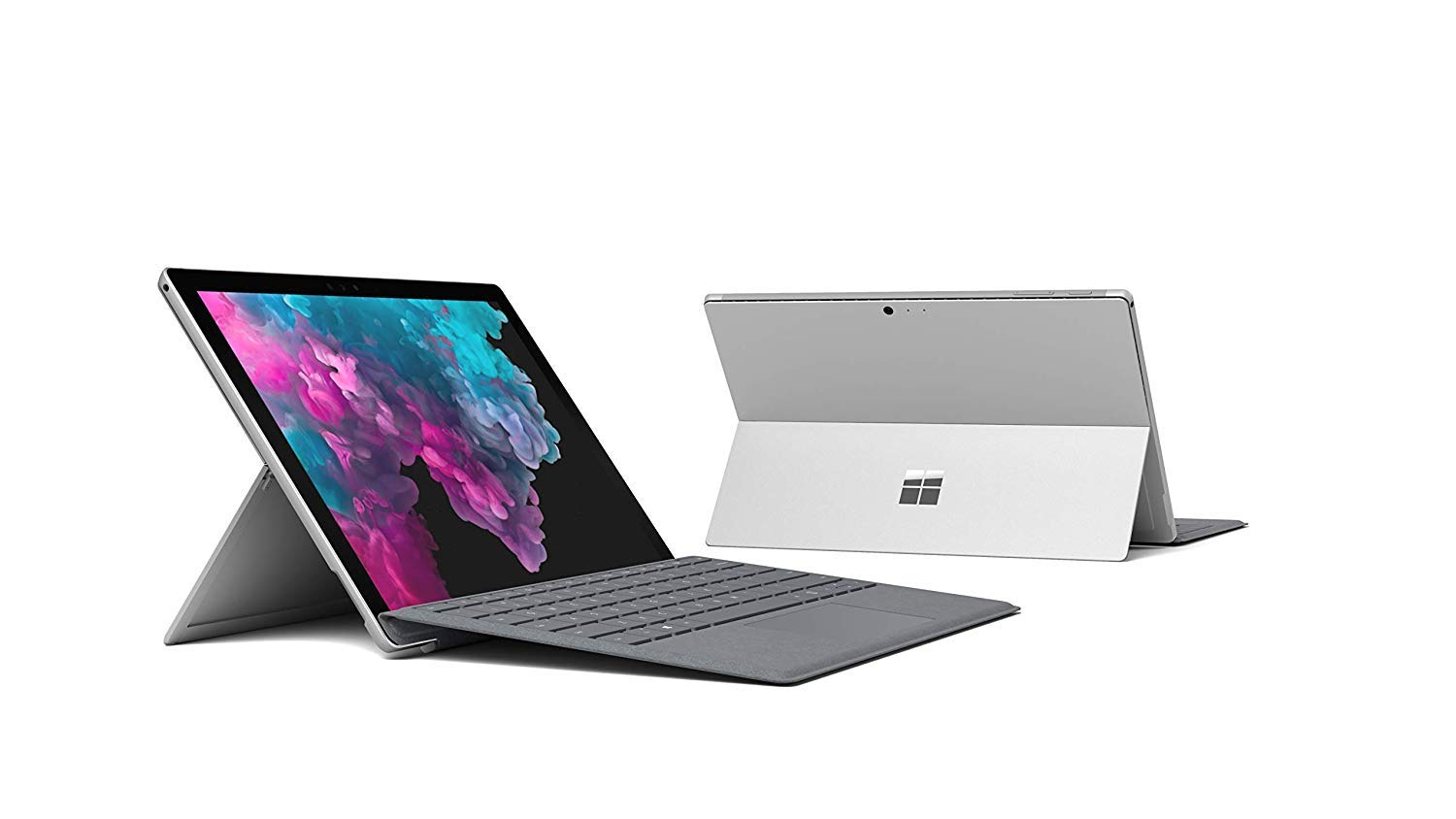Why Tablets Are The Perfect Platform For Horny Games
They’re Interactive
They’re Sexy As Hell
They’re Affordable
They’re Fun To Play With Your Partner
Tablets Are Portable
Tablets Are Bigger Than Phones
Ready to play horny games?
…
…

Having bloggers evangelize Microsoft’s Tablet PC is what Steve Rubel suggests as an answer to Robert Scoble’s vexation on the seeming invisibilty of the Tablet PC …
All I would like to add to this excellent thinking is related to making sure such an exercise would be wholly transparent, leaving no doubt at all in anyone’s mind exactly what the deal is here.
Taking a leaf out of Marqui’s book with its pay-the-bloggers campaign would be my suggestion.
Quick recap: Marqui makes a communication management system and they pay certain bloggers $800 a month to blog about their product, where each blogger is wholly free to write whatever they like about the product, supportive or critical. Each blogger is required to clearly disclose his affiliation on his blog, and Marqui publishes a list of all paid bloggers on their website, including an index of all posts made by the paid bloggers.
No, I’m not suggesting Microsoft pays bloggers (but that’s an interesting thought…) to write about the Tablet PC and/or Windows XP Tablet PC Edition 2005 (what a mouthful!). Rather, any blogger who gets a free Tablet PC as part of such a suggested evangelism campaign should very clearly identify that fact. Microsoft, too, would name all the names. Also bring in the providers of the actual hardware, the Tablet PCs themselves – get Toshiba, Acer, HP Compaq, etc, involved.
In such an open way – one that re-defines marketing and PR – the business benefits could be huge as with such transparency comes greater credibility and trust in the writing, the writer and the sponsors. ”
That’s a great idea and innovative thinking. I agree that it would need to be transparent. I especially like the idea of putting them in the hands of non-geek bloggers, like the Michael Hyatt’s of the world.…
“The friendlyway secure browser allows for particularly secure execution of internet applications. Microsoft’s Executive Briefing Center currently uses friendlyway browser software for a customer survey application that is run on tablet PCs.
“The deployment of the friendlyway secure browser has enabled the Microsoft Executive Briefing Center in Munich to implement an application that allows us to track customer feedback online for every executive briefing. This professional security solution makes it possible for us to get feedback during any event via tablet PC and still meet all of our relevant security requirements. In addition to the fact that the friendlyway secure browser saves us time and effort, it also enables us to respond quickly to customer feedback,” comments Microsoft’s Simone Ruppertz-Rausch.
friendlyway Internet Explorer-based software reduces the scope of mission-critical internet security technology. Product features include highly efficient popup blocking as well as restrictions on the permissible surfing range. The friendlyway secure browser secures the internet system while the computer is booting up, i.e. before the user obtains access to the Microsoft operating system.”…

Anyone else notice that the Tablet PC has become sort of invisible lately? Hardly any new ones were announced at the big ol’ Consumer Electronics Show a few weeks ago (Bill Gates didn’t even hardly mention it during his big keynote there), sales have been mad sluggish (all 1.3% of all PCs sold are Tablet PCs, and it doesn’t help that they almost always cost more than a comparably-equipped laptop), and it’s almost like Microsoft has just lost interest in the whole thing. Well, maybe not entirely. It might not seem like they’re pushing the Tablet PC platform very hard, but PC World has an article about how Microsoft is working with Toshiba, ViewSonic, and AveraTec (i.e. spending some marketing dollars) to get more budget Tablet PC on the market. Everyone seems to think that the problem is poor marketing—that Microsoft et al. have done a poor job explaining what a Tablet PC is and what makes it different than a regular laptop—but maybe it’s time to admit that beyond a few niche markets, there just aren’t that many people who want to write by hand any more. Nothing wrong with that.”
Robert Scoble, a Micorosoft employee and Tablet PC evangelist, agrees about the marketing problem on his blog:
“But, Engadget is right. Microsoft is BLOWING it big time by not making the Tablet PC a bigger deal.
Most normal people haven’t seen a Tablet PC yet. How do I know that? Because everytime I’m on a plane people want to play with it. Same thing at the conference. People wanted a look.
That tells me that we’re leaving money on the table. Howso? Tell me, have you seen an advertisement on TV for the Tablet PC?
Let’s go over this again. Why does Apple have a marketing budget to buy TV ad spots and billboard space and magazine space for the iPod but my company can’t buy a Super Bowl commercial to show it off to normal people?”
Steve Rubel, WebProNews.com, also picked up on it:
“The solution here is, as you said, to show as many non-geek businesspeople as possible the power of the Tablet PC. Once folks lay eyes on it, they will be mesmerized (unless they already love Apple). I know I was. Unfortunately, we’re standardized on Dell here, but if they ever come out with a Tablet PC I would be game.
What Microsoft needs to do here, Robert, is find non-geek influencers who will frequently evangelize the platform to others both offline and online. Microsoft should immediately identify 500 – 1000 influential business bloggers who are big thinkers and give them free Tablet PCs systems to use.
Pick folks who travel, speak, write and appear in the press frequently – e.g. people from outside the technology community. Pick leaders who others flock to for advice. Scoble, please stop reading here and get David Allen, Pat Croce, Mark Cuban and Tom Peters Tablet PC systems ASAP. Do not pass go. They should be at the top of your list. “…